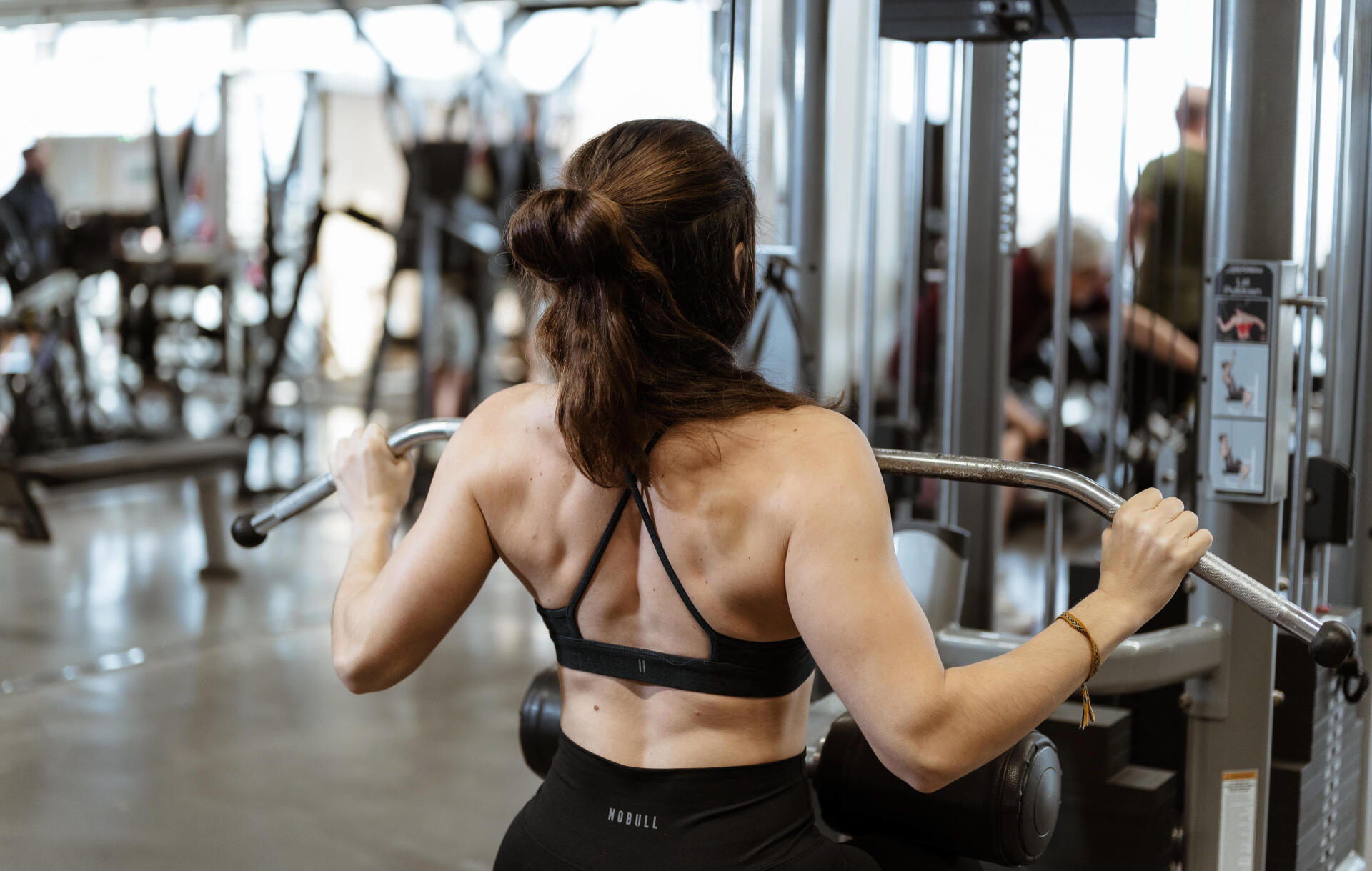Why do people shout during exercise?
A few weeks ago, during my weight training, I caught myself letting out a noisy “gnnnniiiiih” while lifting a heavy load in hip thrust. Immediately, I said to my coach “damn, I promised myself I wouldn't become that person who yells at the gym” with a laugh, followed by a little discussion with him about the vocal reflex during exercise. And the least we can say is that I learned a lot!
Well, let's start with the basics: Most sportsmen and women have already found themselves in the same situation during a particularly intense effort. Shouting, moaning, grunting, noisily expelling the air in your lungs... The vocalisations are varied, but not insignificant, as they do have their uses in the sporting world. Like an unwitting self-encouragement, this cry seems to carry us to the goal, even if we no longer really believe in it.
However, beyond pure performance, the cry can also be tactical, or even cultural. So I did some more research and came across a few studies that looked at the subject more closely.






